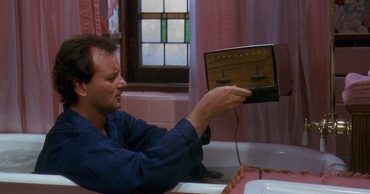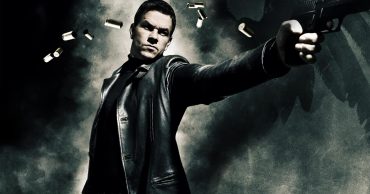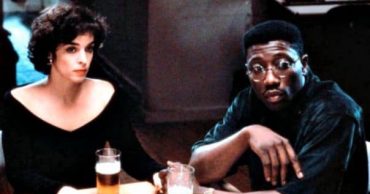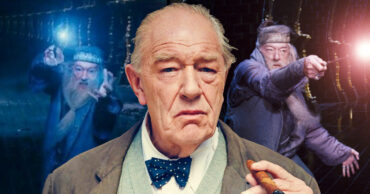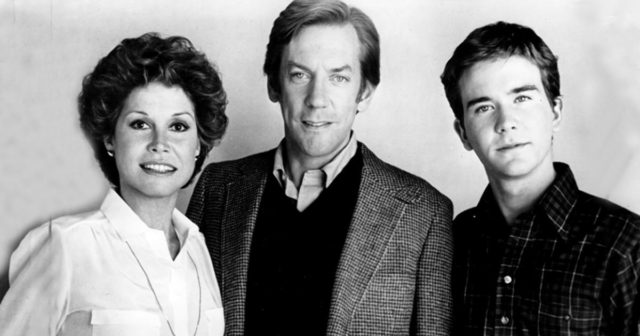
Ordinary People is a film that is far too realistic for some in terms of how it shows a family dealing with loss and the very real fallout that comes with it. The Jarretts are what you would call a nice family, upper middle class and well-mannered. But when their oldest son is lost in a sailing accident their younger son Conrad is forced to deal with PTSD and survivor’s guilt. Unfortunately his mother Beth simply wants things to get back to normal as she attempts to minimize the loss to the family, while his father Calvin does all he can to keep the family together. In the end however just wanting things to go back to normal isn’t quite enough.
Even families in the real world have to suffer through this kind of thing.
10. Timothy Hutton and Mary Tyler Moore both lost family members before and during filming.
Hutton lost his father and Moore lost both her son and her sister. It was never fully ruled on her son but her sister was found to have died of an intentional drug overdose.
9. Moore actually had less screen time than Hutton.
The story is about the family unit but honestly since Conrad is the one with the biggest issues it makes sense that it would focus more on him.
8. This is Timothy Hutton’s film debut.
He even won an Oscar for Best Supporting Actor if you can believe that. Right out of the gate and he wins a major award.
7. This was Robert Redford’s first film as a director.
He’d been such an iconic actor for a while that he felt drawn to the next logical step in his career, sitting in the director’s chair as he watched the action unfold.
6. There was an important line from the book that wasn’t in the movie.
When Beth and Conrad were arguing at Christmas she accused him of letting his brother die, and that if he’d done his job he wouldn’t have ended up in the hospital.
5. Mary Tyler Moore stayed in character around Hutton on the set.
She was cold, aloof, and very rude most times. This was to help her stay in character and react as she needed to while on camera. I wonder if he knew that.
4. Redford purposefully told the cast and crew to avoid helping Hutton.
He wanted Hutton to be off balance and look inexperienced as it would give the character of Conrad a much more believable appearance and manner than might be given by a fully-trained and prepared actor.
3. The therapy sessions are said to have greatly influenced other movies.
The therapy session in Good Will Hunting is one of the many that seems to have been influenced by the sessions in this movie.
2. Redford wanted Judd Hirsch for the therapist without question.
He was looking for someone that could act a little bit crazy and when he saw Hirsch on Taxi he knew immediately that he was the one for the part.
1. There’s a lot of blame being thrown around in this story.
Beth blames Conrad for his brother dying, and Calvin for not defending her since Conrad blames her for being so cold and hard-hearted.
It’s about as real as it gets, which is kind of eerie.
 Follow Us
Follow Us
